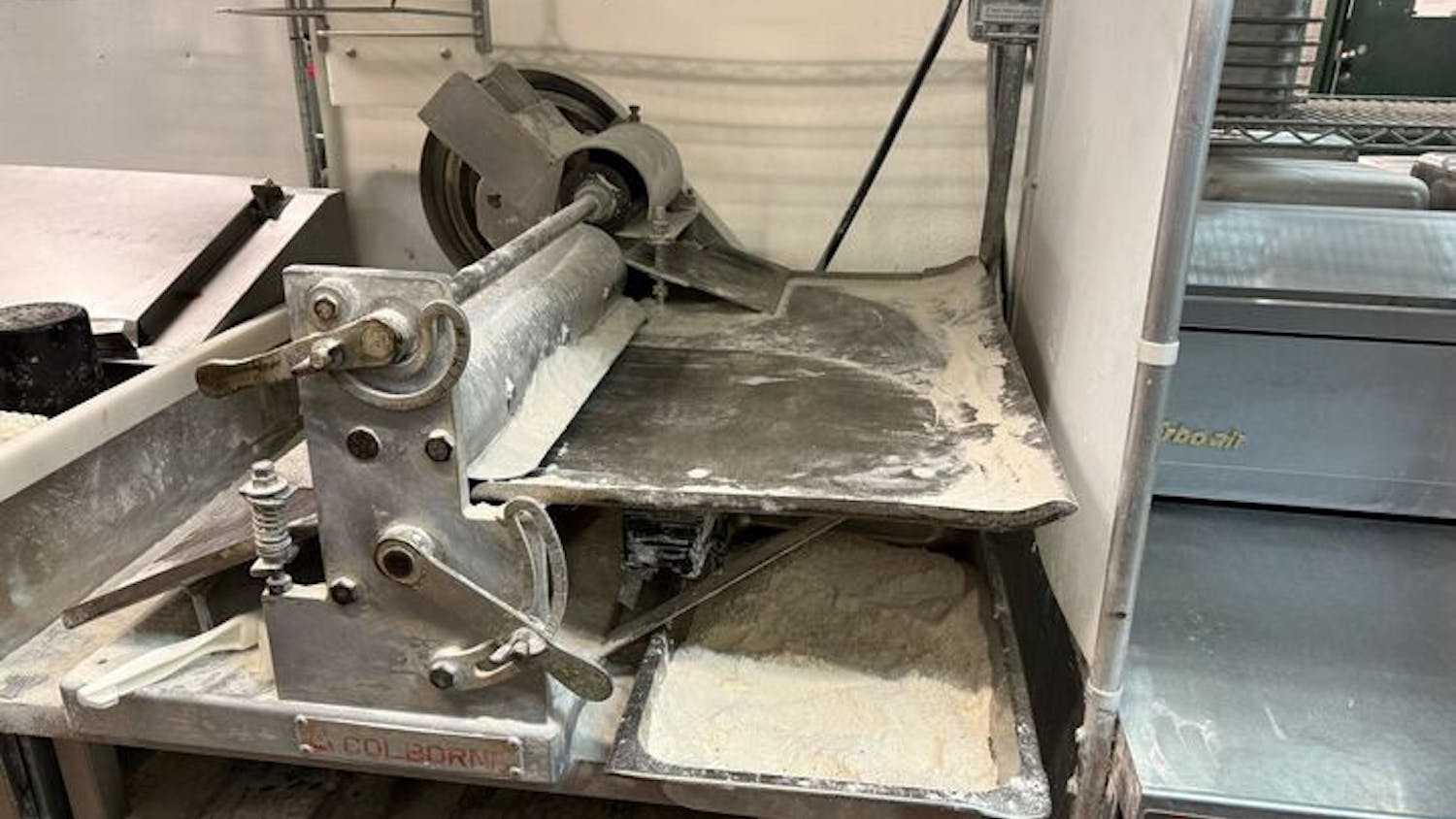Jae Park, UW-Madison professor of civil and environmental engineering, spent some time playing golf with his students three years ago. The warning sign at the golf course, \Pesticides were applied,"" inspired research on the removal of golf course pesticides using recycled tires.
Research has shown ground-up scrap tires can effectively absorb chemicals. By comparing liquids flowing through pea gravel, the drainage layer of golf courses, with those flowing through scrap tires, they found scrap tires can significantly filter out the main toxic chemical, nitrate, in fertilizers and pesticides. High removal efficiency of 80 to 92 percent of nitrate can be achieved with a 10-centimeter drainage layer of ground tires.
""One of the major benefits of this technology is that a waste product is turned into a valuable material,"" said Robert Lisi, a graduate student working on the project.
While many are concerned chemical substances produced by the ground tires could cause harmful effects to humans and the environment, Park said numerous research studies have indicated no threats to human health or the environment.
Once the ground tires are placed underneath the putting greens, Park said they will never need to be replaced. Naturally-occurring microorganisms will decompose the pesticides and chemicals that accumulate inside the rubber materials before the tires saturate to their absorption capacity.
Currently, researchers are evaluating the insulation property of tires. Tire material insulates the ground and may prolong the life of turf grass, expedite the growth of turf grass under cold weather conditions and decrease grass freezing problems.
Park said if this technology is implemented, 70,000 used tires would facilitate the construction of putting greens and a drainage system for a single golf course. There are more than 23,000 golf courses in the nation and hundreds more are built annually. The new university golf course, which will be constructed in the near future, will be a testing ground of Park's research.
Park said he liked to get his students involved with projects that were interesting and challenging.
""Life is not only about research or studying,"" Park said. ""Students should take pride in what they do and have fun studying or doing research. This attitude is what prompted us to connect pesticides with golf and start this research.\





